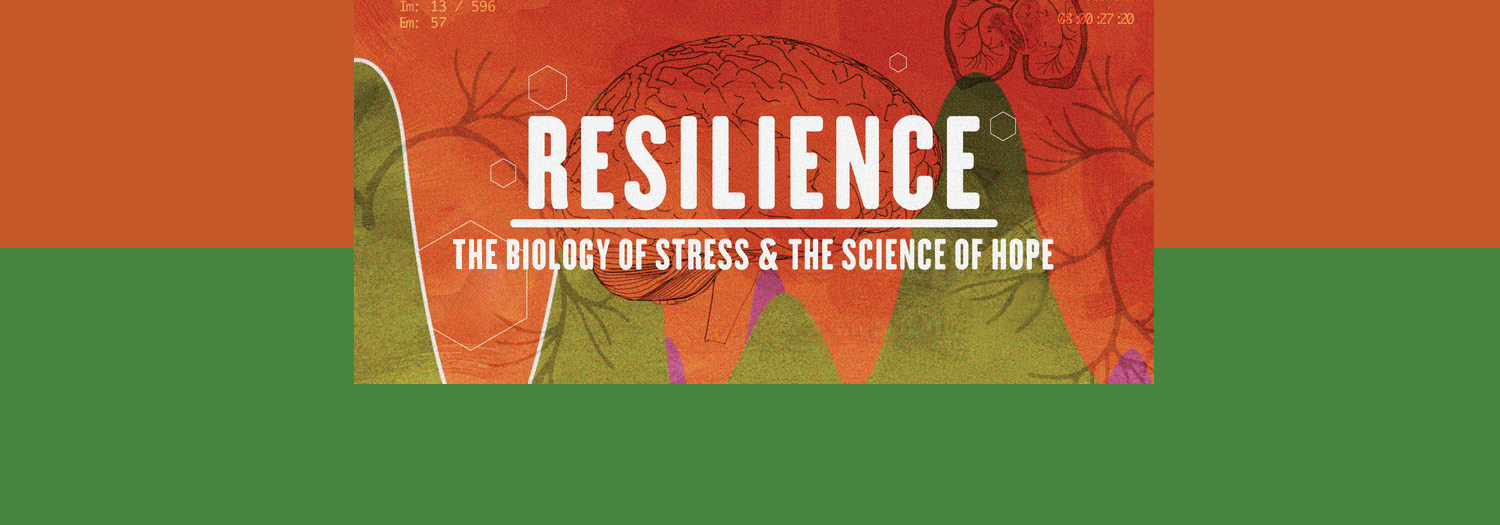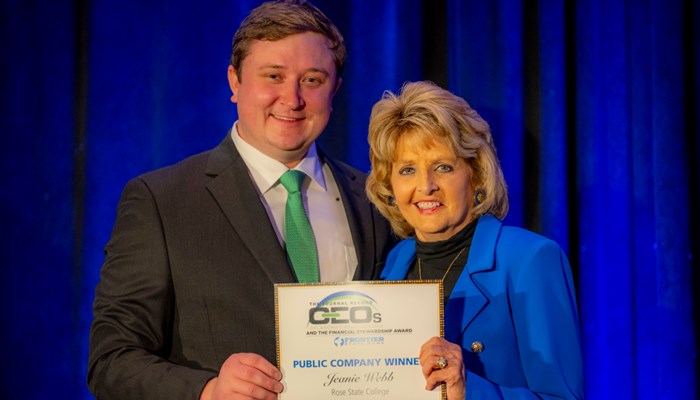Rose State first in the metro to host Resilience film Published September 26, 2017
You watched the Resilience film, what now?
- Take the ACE’s quiz. What is your ACE’s score?
- https://www.ncjfcj.org/sites/default/files/Finding%20Your%20ACE%20Score.pdf
- Here is another link to more information about ACE’s: http://americanspcc.org/adverse-childhood-experiences-aces/?gclid=EAIaIQobChMIpquOvcXp1gIVljRpCh1pdgxmEAAYASAAEgIkb_D_BwE
- Now can you determine what Lisa’s ACE score is?
- Warning: This is a real 911 call that was taped for training purposes. The tape is a 6 year old girl calling for help. Please be aware that the tape includes verbally graphic descriptions of a child crying, a parent being abused and verbal descriptions of other things happening in the home. If this could cause you harm in anyway, please skip to #3. This is the uncut version.
- Lisa 911 Call https://www.youtube.com/watch?v=u-7J5akhSA8
- What is Lisa’s ACE score?
- Now that you have heard the tape, I am sure you want to know what happened to Lisa. Here is the rest of the story: http://sfglobe.com/2014/12/06/little-girl-calls-911-as-her-mother-is-being-beaten-by-her-stepfather/
- Share with us what you will do to be a Protective Factor for a child. Email jgatliff@rose.edu your response.
- Are you willing to attend a community meeting held at Rose State College to come up with an ACTION PLAN to help lower the ACE scores in our community? Email jgatliff@rose.edu your response.
Challenge: If you care about children, you need to see this film
Rose State College will serve as the first location in the metropolitan area to host two FREE showings of the film Resilience: The Biology of Stress & the Science of Hope.
The film showings will take place on Thursday, October 12, 2017. The two shows will start at 12:30 and 6:30 p.m. at the Hudiburg Theater on the Rose State campus. Both screenings will offer the community the film followed by the same panel discussion.
An official winner of the Carmel International Film Festival in 2016, the hour-long film is a documentary that delves into the science of Adverse Childhood Experiences (ACE’s) and defines a new movement to treat and prevent toxic stress.
The Potts Family Foundation has an initiative to bring the film to various locations across the state of Oklahoma. Faculty with the Rose State College Family Services and Child Development degree program have been working alongside the Potts Foundation to create a community opportunity to discuss the issues surrounding our children and families in central Oklahoma. Rose State College will be the first location to provide a screening of the film for the community in the metropolitan Oklahoma City area.
A preview of the film can be seen at http://kpjrfilms.co/resilience/
Background:
The ACE (Adverse Childhood Experiences) study is one of the largest scientific research studies of its kind, with over 17,000 mostly middle income Americans participating. The focus of the study was to analyze the relationship between childhood trauma and the risk for physical and mental illness in adulthood.
The study measures ten types of trauma centering on physical abuse, verbal abuse, sexual abuse, physical neglect, emotional neglect, parents addicted to drugs or alcohol, domestic violence, mental illness, and disappearance of a parent due to imprisonment or divorce. The study uses a simple scoring method to determine the extent of each study participant’s exposure to childhood trauma. Exposure to one category (not incident) of ACE, qualifies as one point.
When the points are added up, the ACE Score is determined.
One resource where you can calculate an ACE Score can be found at npr.org.
For information to learn what an ACE Score DOES and DOESN’T mean can be found on the CDC website (Adverse Childhood Experiences, ACEs).
The ACE study was started as a collaboration between the Centers for Disease Control and Prevention and Kaiser Permanente.
The community can play a large role in the effect of minimizing the side effects of ACE by becoming trauma informed. Specifically targeted community members who might have an interest in this film include:
- Healthcare professions – share information with parents and guardians about ACE’s lifelong impacts.
- Law enforcement and detention centers – review punishment modes and increase community relationships.
- Schools – gain an understanding of the cause of problem behavior.
Why should community members attend?
- Find out what ACE scores are and how they impact our children.
- Hear the long-term effects of childhood trauma on the economy, healthcare, the social cost and the effect on public policy.
- Get an insight into better understanding the clients you serve and possibly yourself.
- Learn how to become a protective factor for our community.
Panel Discussion
The film screening will be followed with a panel discussion.
Panelists include:
- District Attorney David Prater, Oklahoma County
- Dr. Shawn Roberson, Ph.D., Forensic Psychologist
- Pam Millington, Pastor of Missions and Outreach, Crossings Community Church
- James Davenport, Professor of Political Science, Rose State College
- Deisy Figueroa, Rose State College, Family Services and Child Development student
Community members from all areas are invited to attend.
More information about Rose State’s Family Services and Child Development degree program can be found at the Rose State website.




